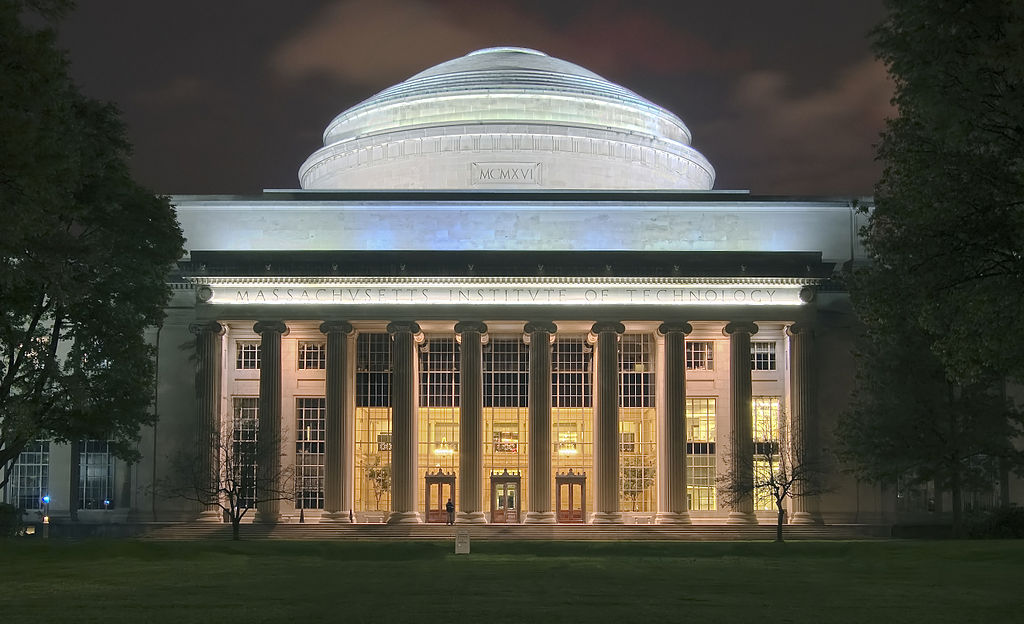
40 percent of MIT’s power will come from solar

MIT has partnered with Boston Medical Center (BMC) and the Post Office Square Redevelopment Corporation (POS) to construct a 60-megawatt solar farm on 650 acres of land in North Carolina, demonstrating a new alliance-based model for economically reducing carbon emissions.
The facility, called Summit Farms, is expected to be fully operational with 255,000 solar panels by the end of 2016, and will provide power under the current agreement for 25 years. It will produce an estimated 146 gigawatt-hours of electrical energy per year.
MIT will purchase an amount of power from the farm equal to 40 percent of the power it currently consumes from the energy grid, while BMC and POS will purchase amounts equivalent to 100 percent of their respective energy consumptions.
This will reduce MIT’s carbon emissions by 17 percent from their 2014 baseline levels, fulfilling more than half of the Institute’s goal to curtail campus emissions by 32 percent by 2030. In comparison, on-campus solar power reduces emissions only by only one to three percent.
Summit Farms is the largest ever renewable energy purchase made through the cooperation of mixed-industry buyers. “What we’re really most excited about is the partnership model that this creates,” Joe Higgins, Director of Infrastructure Business Operations, said in an interview with The Tech. He emphasized that other entities which might otherwise lack the leveraging power to invest in clean energy can learn from the model. “They’ll have significant emissions reductions that they’re trying to achieve… but they can’t do it alone,” Higgins said.
MIT, BMC, and POS are partnered through A Better City, a group of 130 Boston-area businesses working to promote economic health and sustainability. CustomerFirst Renewables, a renewable energy solutions firm, organized and consulted on the project. Dominion Resources, a Virginia-based power company, capitalized and will maintain the facility. SunEnergy1 will handle the construction of the solar array.
The partnership considered 41 projects before deciding on Summit Farms. The project was selected in part for the size of the land area – at approximately four times the size of MIT’s campus, an array of similar size would not be nearly as feasible in the Northeast. Transmission lines also run directly through the project site, so that minimal infrastructure will need to be created to connect it to the power grid.
The North Carolina power grid is also significantly more dependent on fossil fuels than that of New England, so constructing the facility there will displace an even greater number of emissions. In addition, developer SunEnergy1 has “a huge track record of being successful and delivering these types of projects,” according to Higgins.
The project is expected to be entirely cost-neutral for the three participating organizations. The alliance will pay a fixed price to Dominion for the production of the power, and will receive wholesale electricity market revenue in return.
Additionally, the organizations will receive quantities of Renewable Energy Certificates from Dominion proportional to the amount of energy they purchase. The certificates can be sold as a form of subsidy for buying renewable energy.
The announcement of the project comes in the wake of studies that show atmospheric levels of carbon dioxide have reached potentially irreversible levels of 400 parts per million.
“This is a demonstration as to how organizations have an opportunity to contribute to reducing emissions, whether it is locally or whether it’s outside of our own grid. Our emissions must be reduced,” Julie Newman, Director of Sustainability, said. Higgins offered evidence of progress in this area, adding that, “more than 95 percent of new energy capacity in 2016 was renewable.”
The cities of Boston and Cambridge have emissions reduction goals of 50 percent and 80 percent, respectively, by 2050. “They realize that we’re not going to get there just with building efficiency alone, we’ve got to start looking at these large-scale renewable energy projects,” Higgins said.
Summit Farms will additionally serve as a potential location for MIT researchers to conduct experiments. Replicas of the panels there will be built on campus so that data from the two locations can be compared.
Real-time data will be collected from the facility and made available to researchers. MIT faculty members from various departments plan to discuss how the data can be utilized. “There’s a huge research and educational opportunity there that we’re taking advantage of,” Higgins said.
Boston Medical Center is 496-bed medical center located in Boston’s South End. It will become the first carbon-neutral hospital in New England upon completion of the project.
Post Office Square Redevelopment Corporation oversees Norman B. Leventhal Park and its underground parking garage in the Financial District.





















